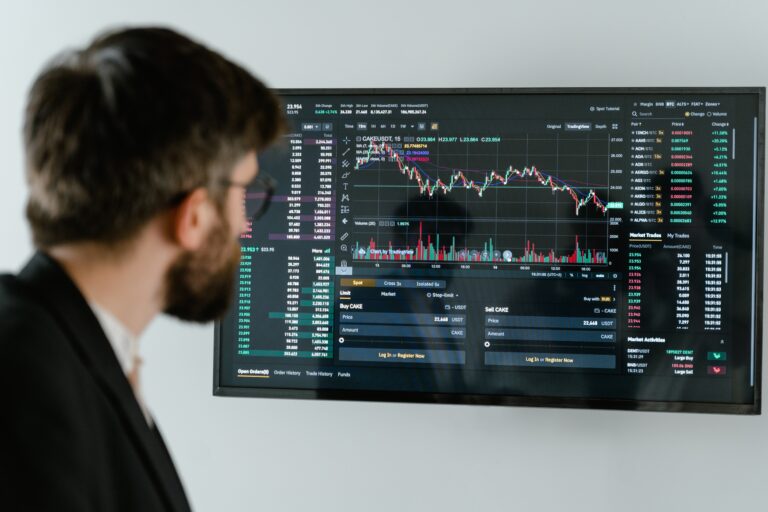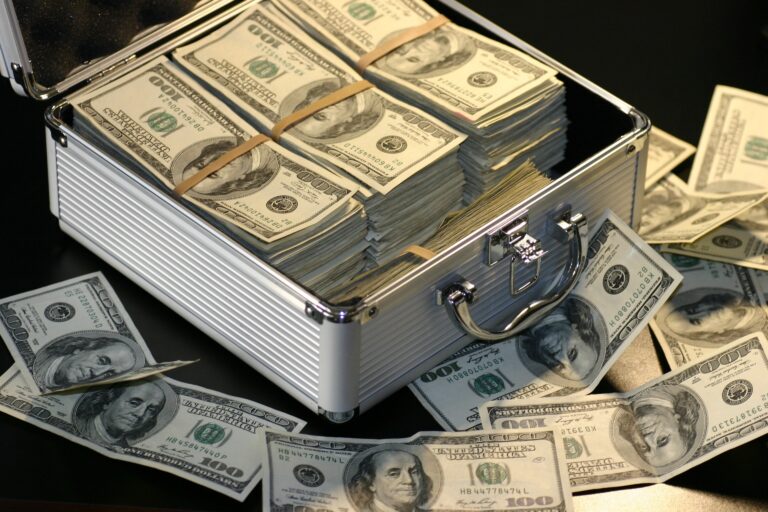Any business entity, product, or service’s price is fixed by its demand and supply function. Food production can grow due to new technology, and the residential and office space can grow as the buildings get better engineered. Today’s electronic gadgets can get outdated with the arrival of new technology. The key industries of yesteryears, like photocopying machines, photographic paper, etc., are almost outdated in this digital age. However, according to recent statistics, only about 25,000-kilometer square of land has been reclaimed from the sea in the last few centuries. Therefore, land is one item where the supply cannot be increased significantly.
The wealthiest people in the world are investing in land
Investors have realized that land is the scarcest asset. It is expected to fetch huge returns over the long term and is an asset whose value is expected to grow. The poster boys and men of the billionaire club have also invested significantly in the land. Amazon CEO, Jeff Bezos, owns over four hundred thousand acres of land. Microsoft co-founder Bill Gates owns over two hundred and fifty acres of land. The total investments in the land as an asset are growing across the globe. The ball was set rolling reasonably recently. In 2020, Bill Gates became the most prominent private farmland owner in the United States. He had started investing after 2010 and owned significant portions of farmland that grows various agricultural products, including the potatoes that go into making the McDonald’s French fries.
The investment bandwagon in the land, which includes farmland and agricultural products, is not limited only to super-rich billionaires. According to market reports, over 25 percent of farmland is owned by people or businesses who do not do any farming themselves.
These landowners are raking in huge profits by utilizing the land in various creative ways. There has also been a paradigm shift in the mentality of the farmers. The new generation of farmers is content to lease a piece of land and farm on it just as a business owner doing their business on a piece of land. The land is a long-term asset and not a current asset. The balance sheet of a business house that owns significant amounts of land will also look very solid.
Owning land improves the balance sheet of a business.
The balance sheet is a snapshot of the business. The land is a long-term asset owned by the company, and it can also be leased or rented out to make short-term profits while holding on to the ownership of the purchase. The land is categorized as a fixed asset on a business’s balance sheet, and it can significantly improve the asset-to-debt ratio of the company and increase the shareholders’ confidence. The firm’s financial support does not have the physical worth of land ownership. They are also affected by the demand and supply function of the marketplace daily. These financial assets carry a certain degree of risk. However, the utility of land as an asset is considered unending.
Know more about housing investment here.






